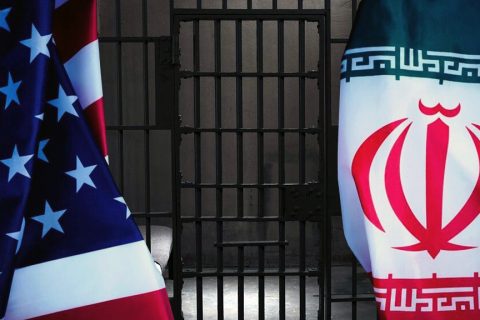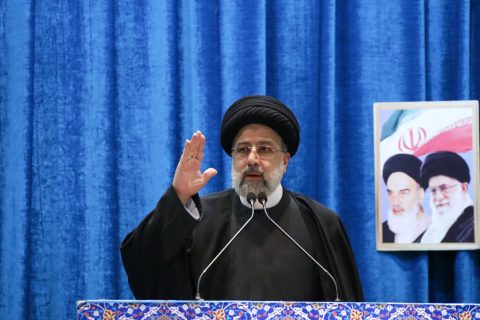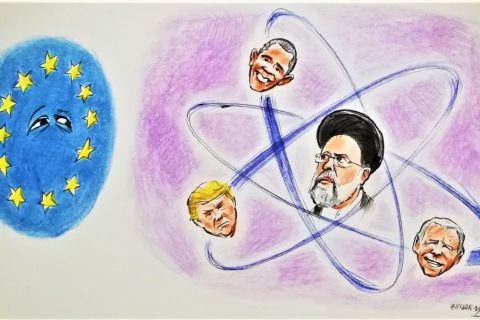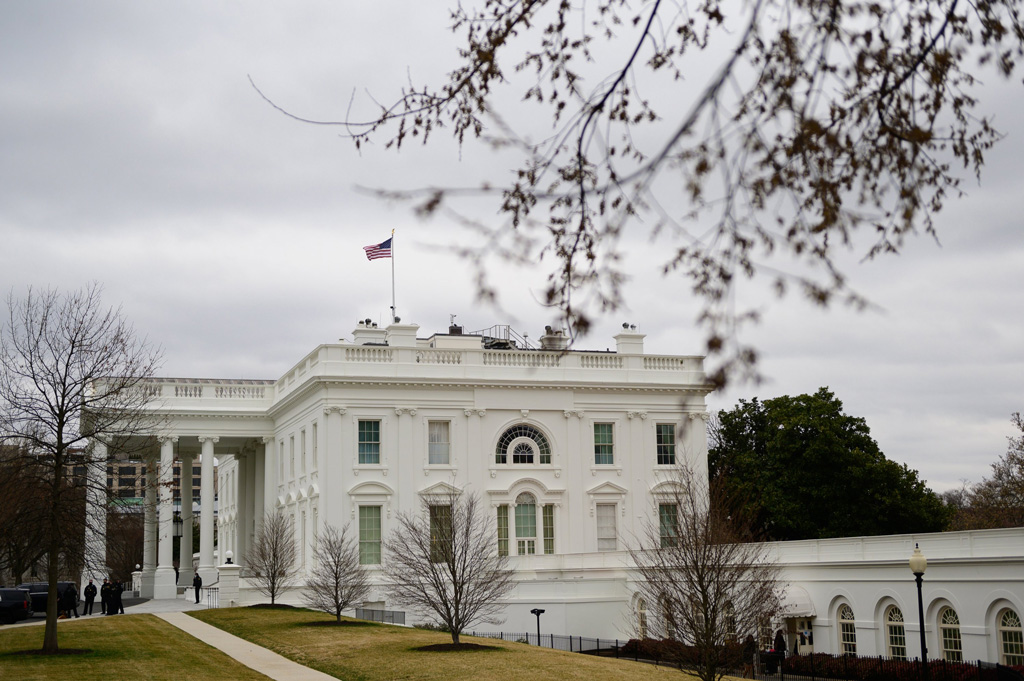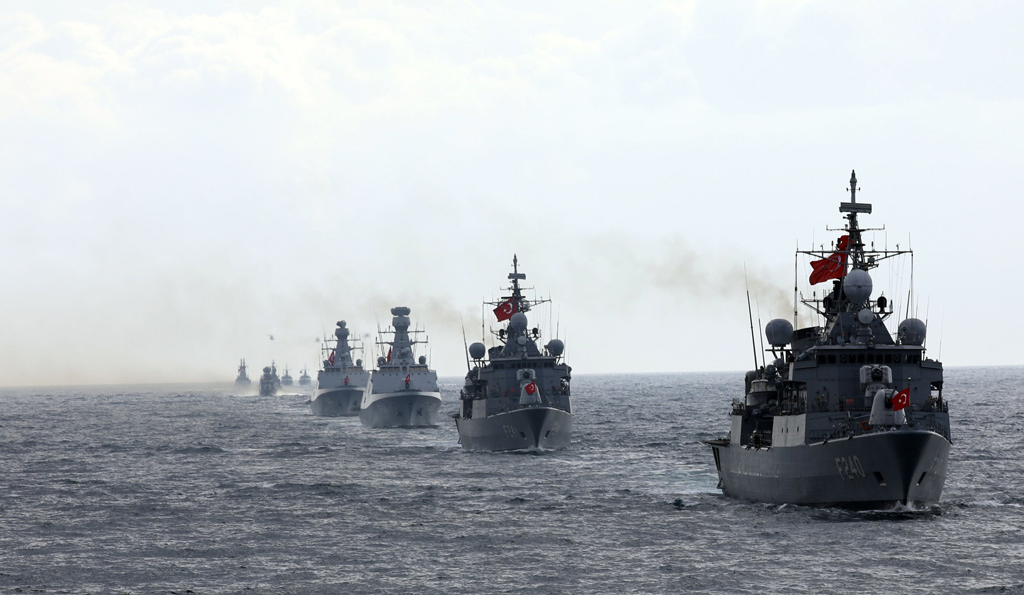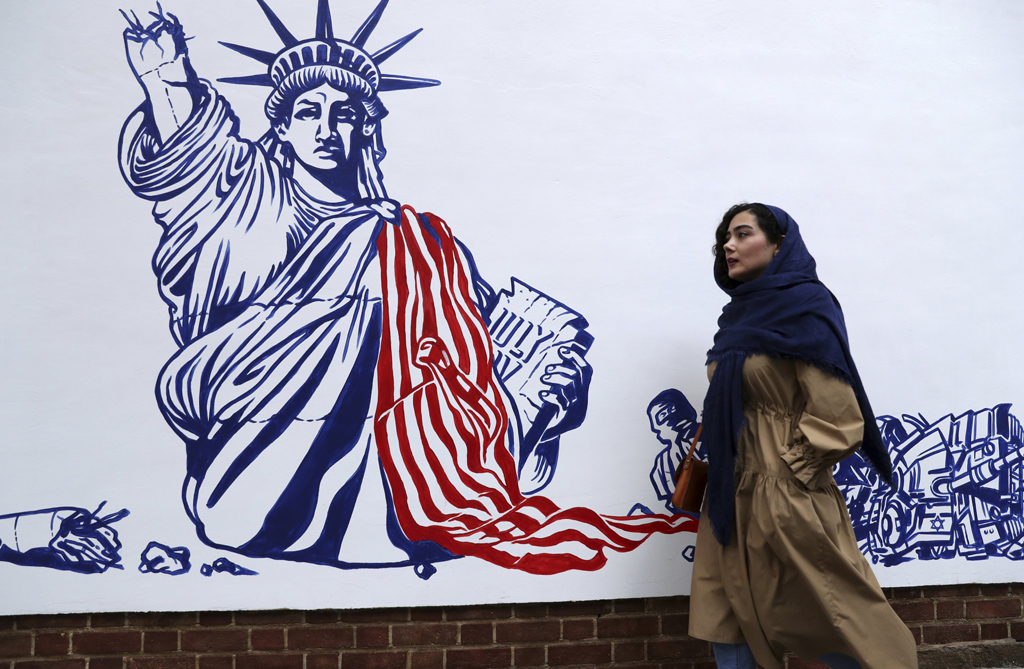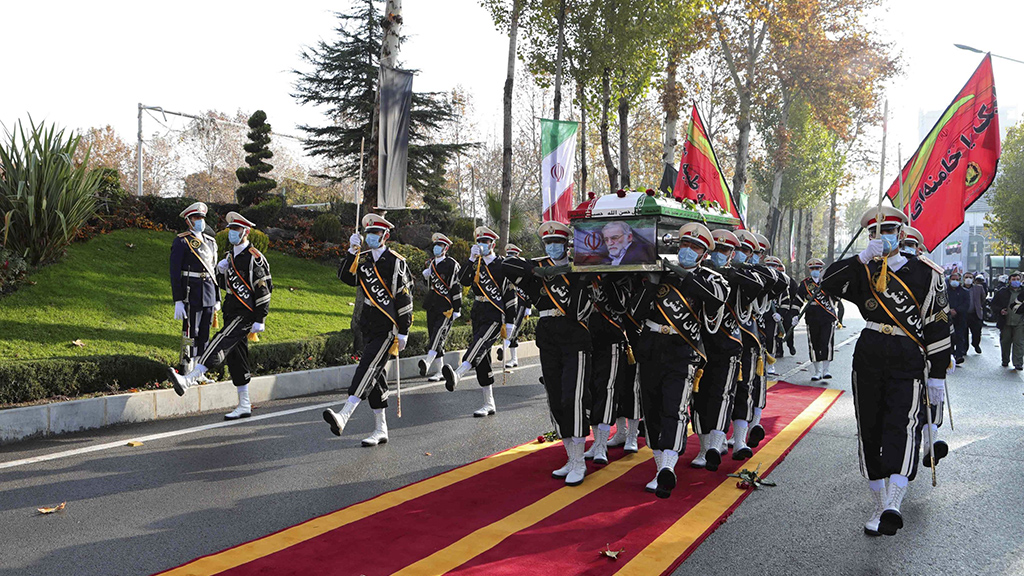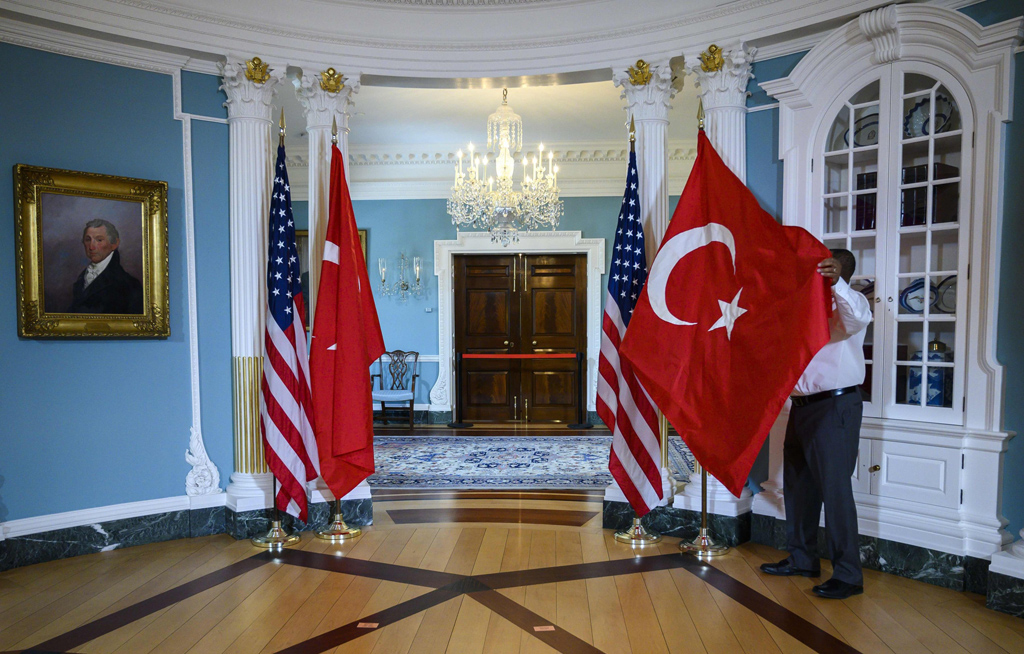Iran Nuclear Deal | Joint Comprehensive Plan of Action (JCPOA)
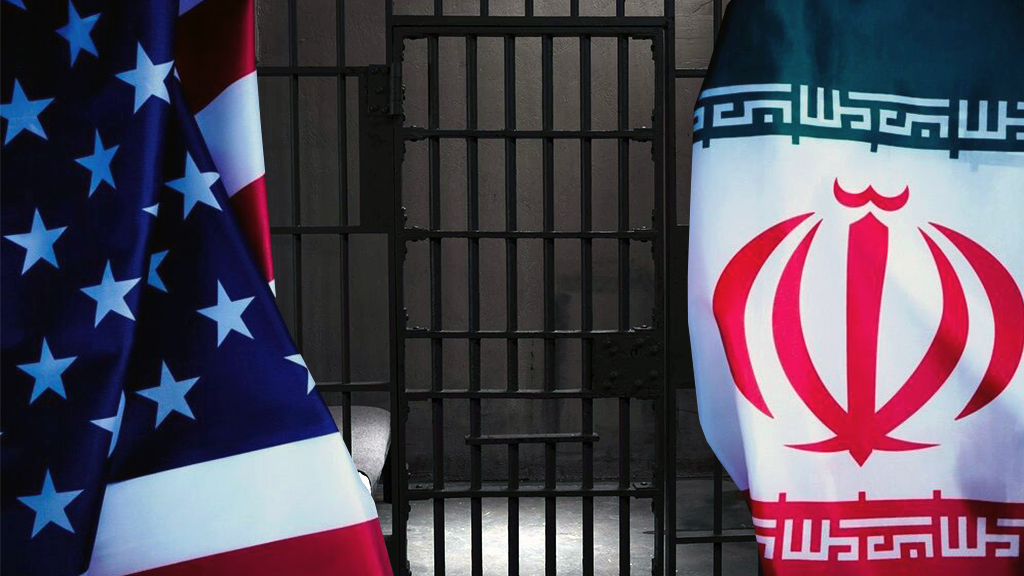
The cost of America’s $6 billion prisoner exchange with Iran
| OpinionThe Biden administration is careful not to create expectations regarding the prisoner exchange agreement with …
-
Opinion
The cost of America’s $6 billion prisoner exchange with Iran
By Kadir ÜstünThe Biden administration is careful not to create expectations regarding the prisoner exchange agreement with Iran, aiming to emphasize that such "humanitarian" efforts are separate from the nuclear issue. Immediately after the successful exchange, the U.S. imposed new sanctions on Iran, indicating that the situation is not merely a simple prisoner swap. The fact that the exchange also involves the release of $6 billion in Iranian oil revenue frozen in South Korea for humanitarian purchases shows that it is more than just a prisoner exchange. The U.S. government, perhaps to avoid any political cost domestically, is both imposing new sanctions and claiming that it has no connection to the stalled nuclear negotiation process.
-
Opinion
Why Is It So Hard to Reach a New Nuclear Deal with Iran?
By Mustafa CanerEven if a deal is reached, there is no guarantee that Iran's Revolutionary Guards’ military operations will decrease in the Middle East.
-
Opinion
What will Raisi’s term bring to Iran-EU relations?
By Hacı Mehmet BoyrazUnless the U.S. policy toward Iran changes, it seems difficult for the EU and its member states to open a new page in relations with Iran
Bu Konuda Daha Fazla
-
Can the Biden team recalibrate the Middle East?
By Muhittin AtamanSince the election of Joe Biden as the president of the United States, almost all countries in the world have had to restructure their foreign policies. To most observers, the Trump administration's tenure was an exceptional period due to Donald Trump's unconventional approach to government.
-
Turkey is an indispensable pillar of Europe’s security
By Talha KöseSome influential figures in Washington and Brussels are continuing to advise authorities on both sides of the Atlantic to sideline, or even contain Turkey in the defense architecture of the Middle East and North Africa (MENA), the Black Sea region and southeastern Europe.
-
Biden on horns of a dilemma for Iranian nuclear...
By Kılıç Buğra KanatBiden as a candidate promised to take the U.S. back to the deal and was confident of achieving it; however, his time in office has proved that this won't be an easy task
-
Assassination of Fakhrizadeh: Another indication of systemic crisis
By Muhittin AtamanThe current international system is in deep crisis because its main actors, including the U.S. and many other Western countries, do not respect its principles. Most Western countries nowadays have put aside the main principles of the international system, namely liberal democracy and the liberal economy.
-
Turkey and the US presidential election
By Burhanettin DuranTurkey called back its research vessel Oruç Reis to port in order to support efforts by Germany and NATO Secretary-General Jens Stoltenberg to facilitate dialogue with Greece. As Ankara and Athens continue to exchange statements, tensions in the Eastern Mediterranean will be discussed at the Special European Council on Sept. 24-25.
